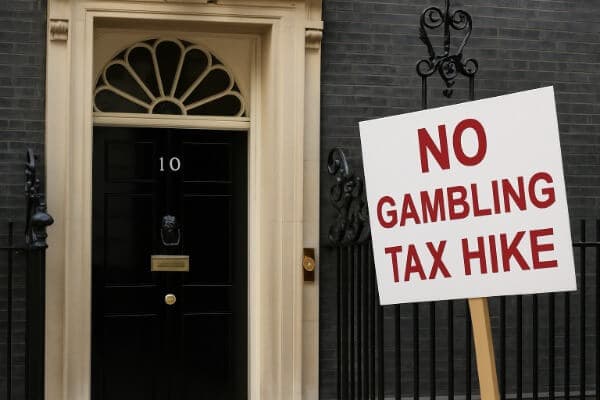UK Gambling Reform Debate Intensifies Amidst Claims of Industry Influence and Problem Gambler Profits

A recent social media post has ignited further debate on the state of gambling regulation in the UK, advocating for a return to pre-1961 laws and alleging political corruption. The tweet, from user "Wolf 🐺", claims that "Britain did not have casinos or betting shops before 1961 because gambling was mostly illegal," and that "86% of the profits of betting companies come from just 5% of players who are problem gamblers." The author also directly accused politicians of corruption, stating, "Take a look at how many MP’s get freebies from the Betting and Gaming Council and other gambling lobbyists."
Historically, gambling in the UK was heavily restricted before the Betting and Gaming Act of 1960, which paved the way for legalised casinos and betting shops. Prior to this, various acts, including the Unlawful Games Act 1541 and the Betting Act 1853, largely prohibited commercial gambling, though horse racing and some forms of lotteries had long histories. The 1960 Act and the subsequent Gaming Act 1968 significantly liberalised the market, leading to the establishment of commercial bingo halls and casinos.
Recent data supports the tweet's assertion regarding the source of gambling profits. According to Gambling with Lives, "86% of gross online betting profits come from just 5% of customers." The UK Gambling Commission's 2025 annual survey also estimated that 1.4 million adults in Britain have a gambling problem, representing 2.7% of the adult population. These figures highlight a significant reliance of the gambling industry on a small segment of its customer base experiencing harm.
Concerns about the gambling industry's influence on UK politicians have also been widely reported. Investigations by various media outlets have revealed that MPs have accepted substantial gifts, hospitality, and even direct payments from gambling companies and their lobbying groups, such as the Betting and Gaming Council (BGC). For instance, a Guardian audit in 2021 found that 28 MPs had taken almost £225,000 in wages and freebies from the gambling industry since August 2020. More recently, in 2023, the industry spent tens of thousands of pounds on corporate hospitality for MPs, including tickets to major sporting events and concerts.
Critics argue that such financial ties create a conflict of interest, particularly as the government reviews gambling regulations. Transparency campaigners, like Matt Zarb-Cousin of Clean Up Gambling, suggest that "free gifts and hospitality are mainly about neutralising MPs." The BGC, which represents major betting companies, has actively lobbied against stricter regulations, including mandatory affordability checks and bans on free bets. These revelations underscore the complex interplay between political influence, industry profits, and the societal impact of gambling in the UK.